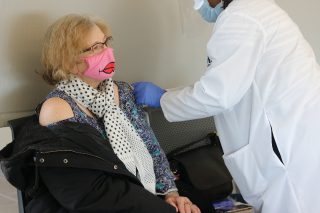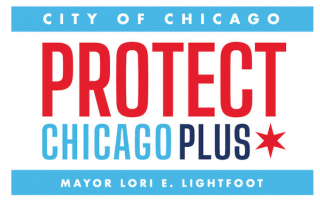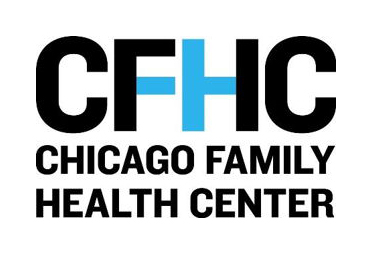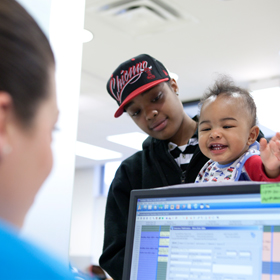COVID-19 VACCINES
Informacion sobre la vacuna de COVID-19 en Español
COVID-19 Omicron Subvariants
The COVID-19 Omicron subvariants BA.4 and BA.5 spread easier and are on the rise. BA.5 is now the dominant strain in the U.S. affecting even those previously infected with COVID-19 or vaccinated. The good news is that if you are up to date on your vaccines, including second boosters—you have added protection against severe symptoms, hospitalization, and death especially if you are 50 years and older.
How to protect yourself and others:
- Get vaccinated and boosted if eligible, even if you’ve had COVID and especially if you are over the age of 50 or have underlying medical condition.
- Monitor local COVID levels and take appropriate prevention measures such as wearing a mask, social distancing, isolating if you have symptoms or have been exposed and testing when necessary.
COVID-19 Vaccines at CFHC
CFHC offers the Pfizer, Moderna and Johnson & Johnson vaccines at all its sites, including boosters to anyone 18 years and older.
Children ages 5-11 can also receive the Pfizer Pediatric COVID vaccine.
Avoid the waiting room, call ahead for an appointment:
English: 773-219-2430
Espanol: 773-244-4421
Click here for more vaccine information.
 CFHC is also partnering with the city’s Protect Chicago program which is committed to equity in the distribution of the COVID-19 Vaccine. CFHC is part of various pop-up vaccine clinics offering the Pfizer Vaccine throughout communities of color. Check back here or follow us on Facebook and Twitter for more information on pop-up clinics. The Pfizer Vaccine is a two-dose vaccine available to anyone 16 years or older.
CFHC is also partnering with the city’s Protect Chicago program which is committed to equity in the distribution of the COVID-19 Vaccine. CFHC is part of various pop-up vaccine clinics offering the Pfizer Vaccine throughout communities of color. Check back here or follow us on Facebook and Twitter for more information on pop-up clinics. The Pfizer Vaccine is a two-dose vaccine available to anyone 16 years or older.
The City of Chicago is also offering vaccines AT HOME to anyone 12 years and older. They can administer up to 10 vaccines per household. Please click here to learn more about Protect Chicago AT HOME.
About the Vaccine:
Is a COVID-19 vaccine safe?
The U.S. ensures all vaccines are as safe as possible. Safety is a top priority. Vaccine candidates conduct clinical trials with many thousands of study participants to generate scientific data and other information for the FDA to determine their safety and effectiveness.
Can the COVID-19 vaccine cause me to become infected or infect others?
No, you cannot become infected or infect others from receiving the COVID-19 vaccine, because the vaccine contains no live virus. Instead, the vaccine directs your body to produce a protein that teaches your body how to fight off the virus.
What are the side effects of this vaccine?
Some people may experience side effects, which is the normal immune response to a vaccine. The majority of the side effects, while not seen in every individual, are signs that your body is recognizing the vaccine and mounting an immune response. Based on prior studies, side effects may include pain, redness and swelling at the site of the injection., fatigue, headache, muscle pain, chills, joint pain, fever, nausea, malaise, and swollen lymph nodes. These symptoms may occur within 2 days after the shot and last 1 to 2 days. Side effects may be more frequent after the 2nd shot (booster) and less frequent among older adults. Long-term side effects are unknown, although most vaccines do not have long-term side effects. Vaccine studies are ongoing and will continue to monitor and watch for adverse events.
How long will it take for COVID-19 vaccines to take effect?
The COVID-19 vaccine is expected to provide some protection a couple of weeks after your first shot and reaches its greatest effectiveness after your second shot. It is very important to take the second shot within the recommended time period for maximum vaccine effectiveness.
I have allergies. Is this vaccine safe for me?
While serious allergic reactions were not seen in vaccine clinical trials of thousands of patients, rare allergic reactions to vaccines are possible. If you have a history of serious allergic reactions, you should discuss your situation with your healthcare provider. The COVID-19 vaccine does not contain any animal products such as eggs.
Will undocumented people be able to get the vaccine?
All populations in Illinois, including individuals who are undocumented, can receive the vaccine. No one will be turned away when it is their time to be vaccinated.
What happens if I refuse to get vaccinated?
There are no legal repercussions (such as fines, sanctions or punishments) for refusing the vaccine. If you do not get vaccinated, you will not be protected against the virus that causes COVID-19 and will be more likely to be infected with the virus. Additionally, you will be at risk of transmitting this deadly virus to loved ones and other community members.
This information is provided by the Illinois Department of Public Health. Additional information and answers to more frequently asked questions are available HERE.









